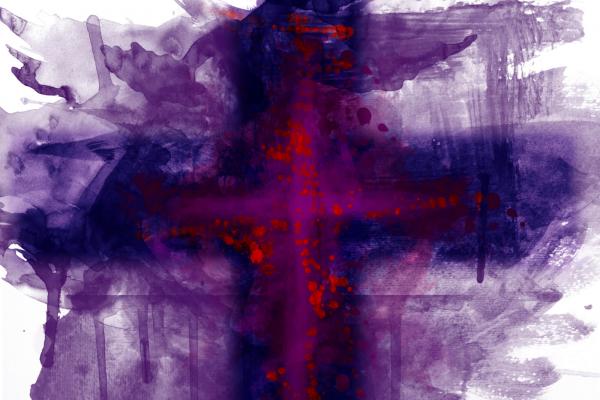Jul 18, 2017
We live in a world full of extremists. It is not just in American society that the battle between extreme beliefs on either end of the spectrum is happening constantly in our political, social, and religious circles. Violence, hate crimes, and acts of oppression erupt all over the world, and through the news and social media, we are witnesses to the distress calls of the people who are caught in the middle of these battles
Read the Full Article

Already a subscriber? Login
